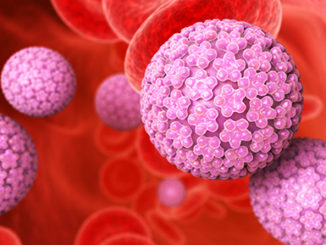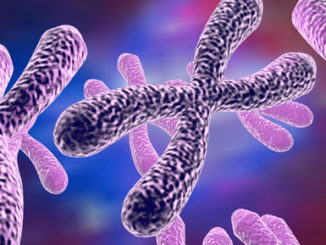Epigenetic Mechanism Shows Promise in the Fight Against HIV Latency
HIV is a chronic viral infection that attacks the immune system, eventually incapacitating its ability to fight infection leaving the person vulnerable to the development of AIDS, which often leads to death. Anti-retroviral therapies can help to control the virus, but complete eradication of the virus has been tricky to achieve due its stealthy ability to hide from the immune system. HIV is unable to reproduce itself, so it relies on hijacking cellular machinery in order to ensure its survival. [more…]










